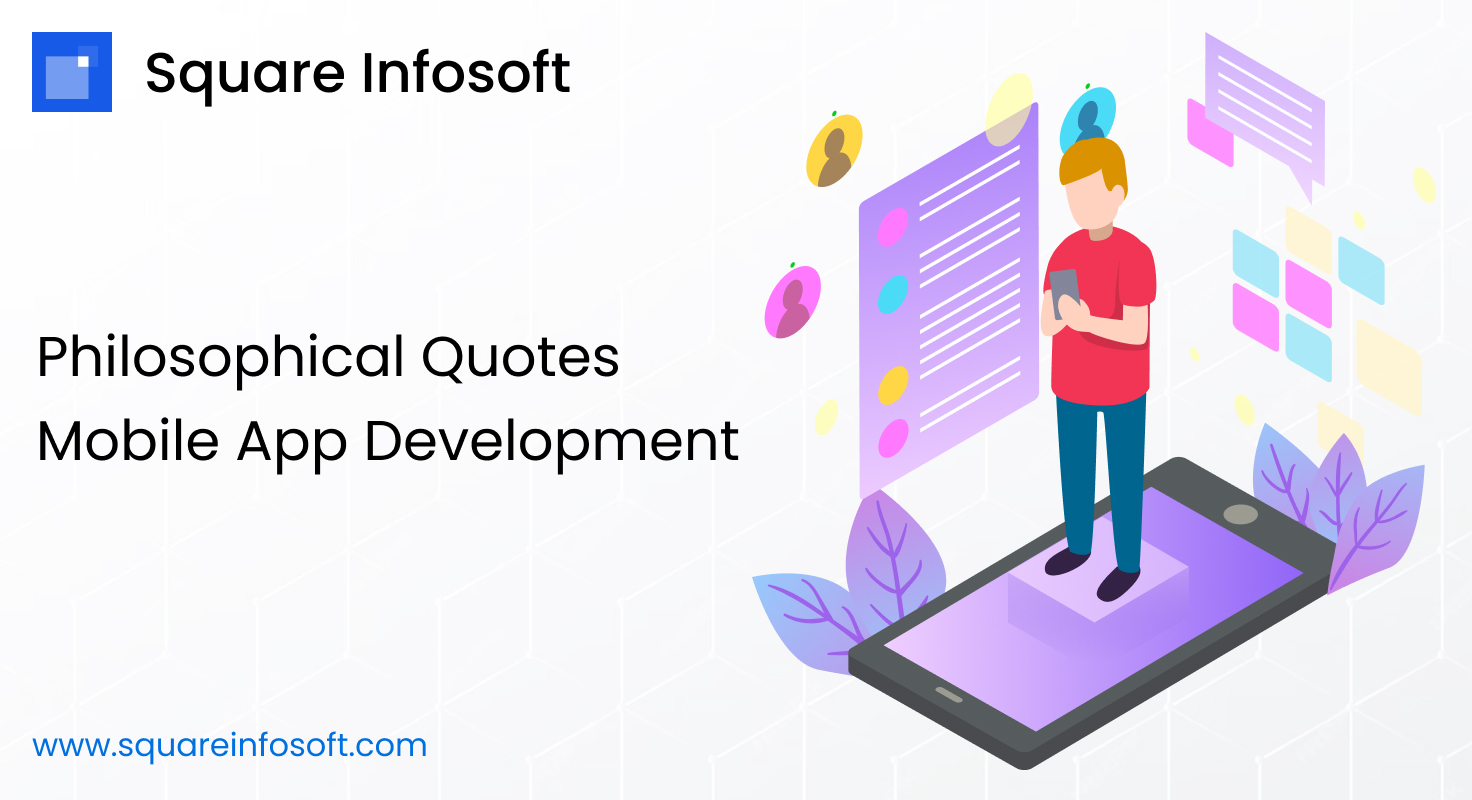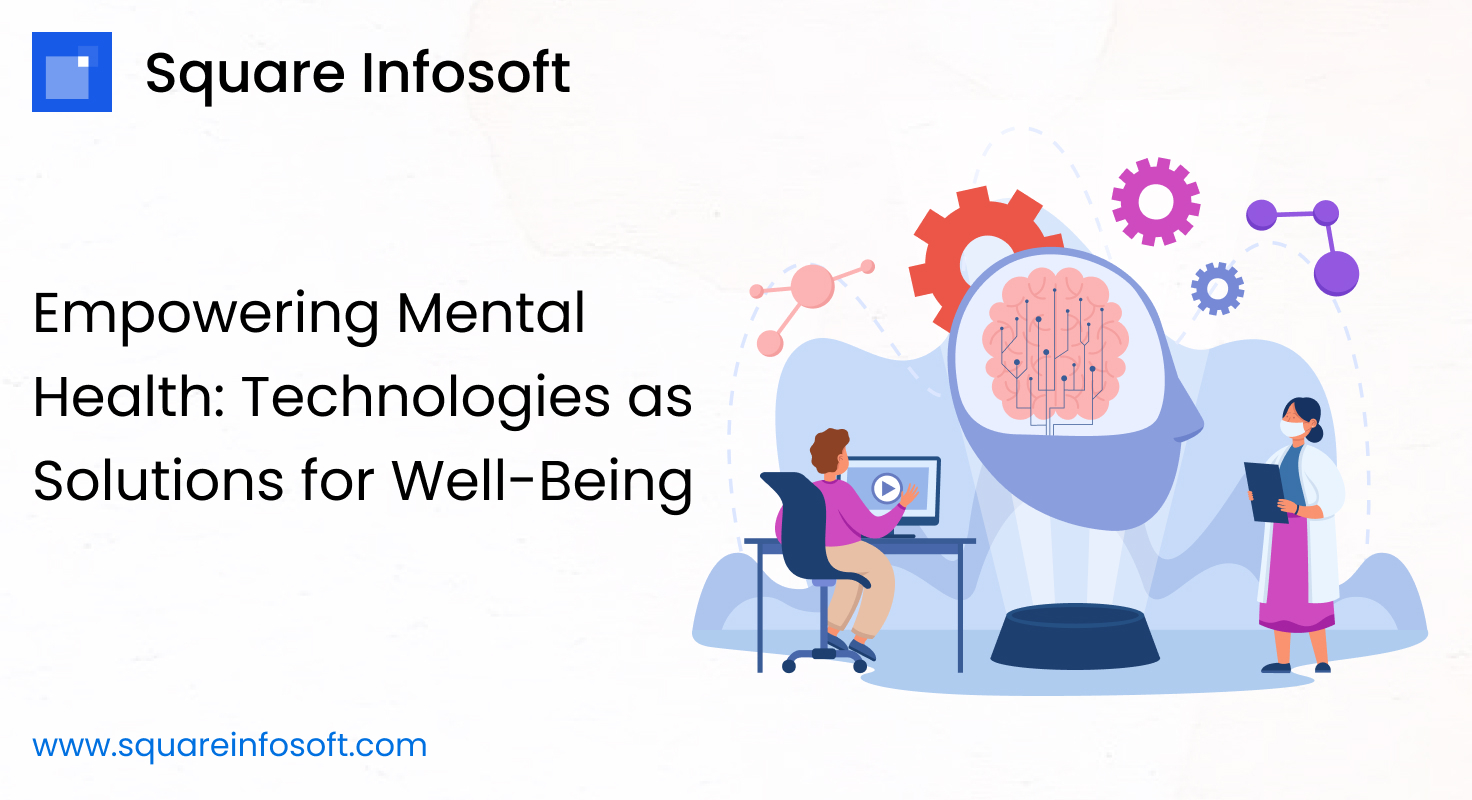Developing a philosophical quotes app involves creating a platform that delivers insightful and thought-provoking quotes to users. Here’s a step-by-step guide to help you develop a philosophical quotes app:
1. Define Requirements:
a. Core Functionalities:
- Quote Collection:
- Curate a diverse collection of philosophical quotes.
- Categorize quotes by themes or philosophers.
- User Registration and Authentication:
- Optional user accounts for saving favorite quotes.
- Social media login options.
- Search and Filter:
- Allow users to search for quotes by keywords or themes.
- Provide filtering options based on categories or authors.
- Daily Quotes and Notifications:
- Deliver a daily dose of wisdom with a notification.
- Allow users to customize notification preferences.
- Sharing Quotes:
- Enable users to share quotes on social media or through messaging apps.
- Include a feature to share quotes as images.
- Bookmark and Favorites:
- Allow users to bookmark or mark quotes as favorites.
b. Additional Features:
- Random Quote Generator:
- Provide a button for users to discover random quotes.
- Author Information:
- Include brief biographies or information about the authors of quotes.
- User-generated Content:
- Allow users to submit their favorite philosophical quotes.
- Dark Mode:
- Implement a dark mode for comfortable reading in low-light conditions.
- Offline Mode:
- Allow users to access quotes offline.
2. Choose Development Platform:
a. Select a Platform:
3. Set Up Development Environment:
a. Install Development Tools:
- Xcode (for iOS).
- Android Studio (for Android).
- IDEs for cross-platform development if applicable.
b. Set Up Accounts:
- Developer accounts on Apple App Store and Google Play Store.
4. Design User Interface (UI):
a. Create Wireframes:
- Plan the app’s layout, focusing on readability and aesthetics.
b. Design UI/UX:
- Use design tools (Sketch, Figma) for an elegant and user-friendly interface.
5. Implement User Authentication:
- If desired, integrate a simple authentication system for user accounts.
6. Quote Collection:
- Populate the app with a well-curated collection of philosophical quotes.
7. Search and Filter:
- Implement a search bar and filters for easy navigation.
8. Daily Quotes and Notifications:
- Set up a system to deliver daily quotes with optional notifications.
9. Sharing Quotes:
- Implement social media sharing features.
- Include the option to share quotes as text or images.
10. Bookmark and Favorites:
- Allow users to save favorite quotes for quick access.
11. Random Quote Generator:
- Include a feature that generates random quotes for users.
12. Author Information:
- Display additional information about the authors of quotes.
13. User-generated Content:
- If applicable, implement a submission system for user-generated quotes.
14. Dark Mode:
- Include a dark mode for user convenience.
15. Offline Mode:
- Implement offline functionality for users to access quotes without an internet connection.
16. Test the App:
- Conduct thorough testing, including usability and performance testing.
17. Security:
- If collecting user data, ensure data protection measures are in place.
18. Publish the App:
- Submit the app to the App Store and Google Play Store.
19. Update and Maintain:
- Regularly update the app with new quotes and features.
20. Compliance:
- Ensure compliance with relevant app store guidelines and data protection laws.
Remember to regularly update the app with fresh content to keep users engaged and maintain a positive user experience.




